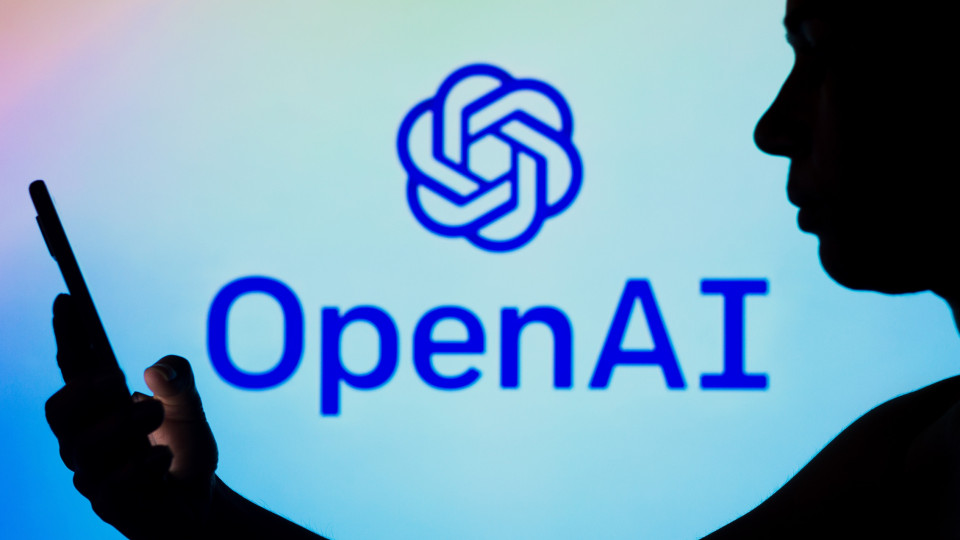seniorspectrumnewspaper – Apple is planning to enhance Siri using AI models from OpenAI or Anthropic, Bloomberg reports. The company initially revealed a more advanced Siri at WWDC 2024. This new version promised to understand personal context better and perform tasks inside apps. However, Apple delayed the official launch of the updated Siri in March 2025.
The new approach involves asking OpenAI and Anthropic to train models tailored to run on Apple’s Private Cloud Compute. These are secure servers powered by Apple’s own chips, designed to protect user privacy. Apple already uses its servers for certain AI features that cannot be handled on devices directly.
Read More : Lenovo Yoga Tab Plus with Snapdragon 8 Gen 3 Listed”
Currently, Apple uses ChatGPT from OpenAI for some Apple Intelligence features. Fully relying on third-party AI for Siri would mark a significant shift from Apple’s usual strategy. Traditionally, Apple develops most of its AI through proprietary technology called Apple Foundation Models.
Bloomberg notes that Apple had planned for the new Siri to run on its own technology by 2026. The company also announced at WWDC 2025 that it would make these foundation models accessible to third-party developers. The consideration of third-party AI models signals an internal change in Apple’s AI leadership.
John Giannandrea, Apple’s senior vice president of machine learning and AI strategy, handed over AI leadership to Craig Federighi, the senior vice president of software engineering. Additionally, Mike Rockwell, who worked on Apple Vision Pro, now leads the Siri team. These leadership changes could influence Apple’s AI development strategies moving forward.
Implications of Using OpenAI and Anthropic Models for Siri
If Apple adopts AI models from OpenAI or Anthropic, Siri’s evolution would resemble Samsung’s current AI strategy. Samsung’s Galaxy AI combines custom software with Google’s Gemini models to deliver enhanced assistant capabilities. Apple’s use of third-party models would not prevent it from eventually returning to an in-house solution. This situation mirrors Apple’s earlier transition from Google Maps to its own Apple Maps in 2012. Apple may initially rely on third-party AI models to speed development, then shift back to proprietary technology once it matures.
Despite these developments, Apple does not expect to release the updated Siri until 2026. In the meantime, it plans to launch a modest set of AI-related features this fall with iOS 26, iPadOS 26, and macOS 26. This cautious rollout reflects Apple’s focus on privacy, security, and user experience. Using cloud-based AI models trained by trusted partners may help Apple balance innovation with these priorities.
Overall, Apple’s exploration of OpenAI and Anthropic models shows its commitment to advancing Siri. The company aims to create a more capable, context-aware assistant that integrates deeply with apps. The evolving AI leadership and strategic partnerships position Apple to compete effectively in the growing AI assistant market.


